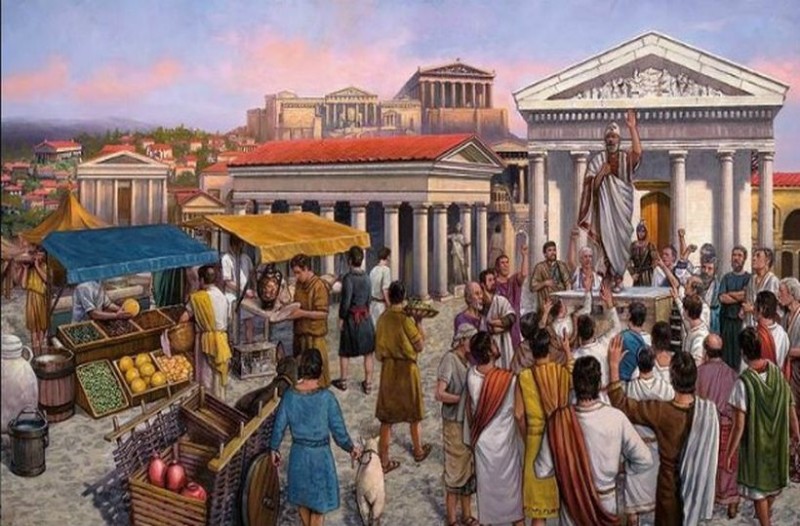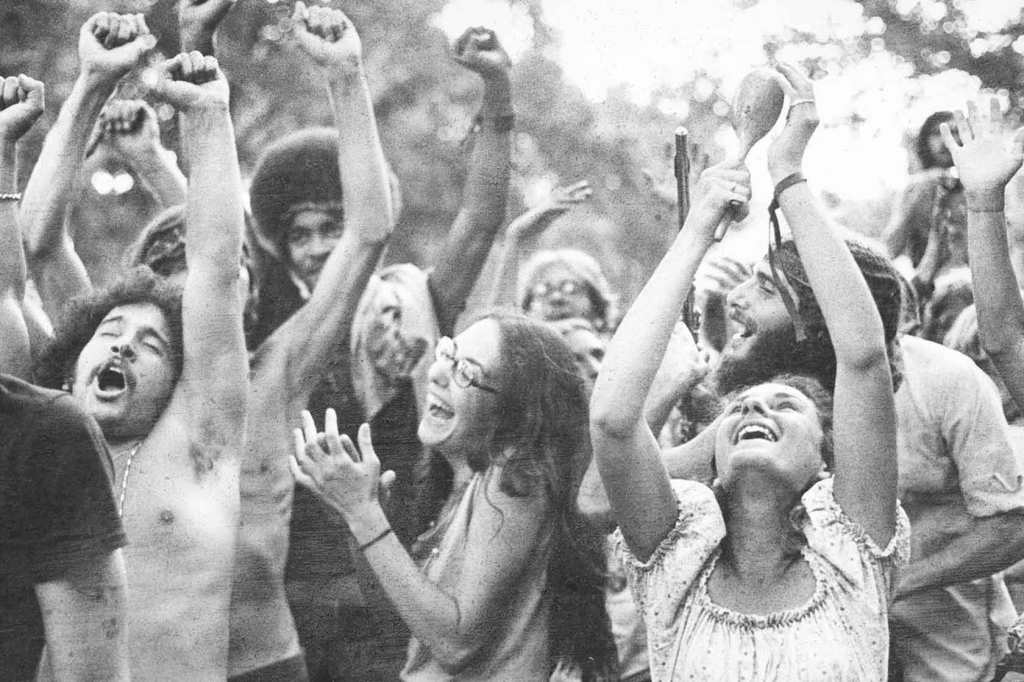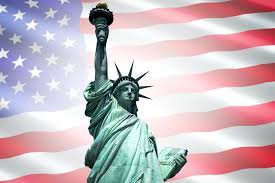(Note: This essay was originally published in the Newport Daily News on September 30, 2017. I re-publish it today because of its continued relevance.)
As a human body is only as healthy as its individual cells, so a civilization or modern state is only as healthy as its individual citizens. As a healthy human body is sustained by new, healthy cells, so a modern state needs continuous rejuvenation with new, healthy, good citizens to sustain itself, especially in times of stress.
In the Western tradition, the roots of citizenship and the good citizen reach back to the ancient worlds of Athens and Republican Rome. The word “citizen” stems from the Latin word “civis,” meaning citizen. Citizens had both rights from and duties to the political body—the city-state. When the state—facing an emergency—summoned the citizen to military duty, the citizen had to respond, putting his allegiance to the state above allegiance to family, clan, faction, or tribe. Aristotle maintained that a human being could reach his full potential only through the city-state. To Pericles, living life aloof from the affairs of state was stupidity.

Since the divisive Sixties, the rights, duties, and norms of the “good American citizen” have been a subject of debate and division. They have become especially relevant in recent years with the actions of Edward Snowden and Colin Kaepernick, and now with the election of Donald Trump and his proposed policies on immigration reform and his accusatory statements against those who do not stand for the national anthem.
For the first two decades after World War II, American citizens were in general agreement as to the rights, duties, and norms of the good American citizen. Their fundamental rights were clearly enumerated and codified in the Constitution, though subject to various interpretations. With memories of the war still fresh and now facing Cold War competition with the Soviet Union, Americans were generally united in their duty to support their country’s leaders and policies against Soviet communism, the leader of which said that he would “bury” us.
As the Sixties began and many movements for change proliferated, the consensus of the Fifties cracked. Large groups of mostly younger citizens, middle-class citizens, and African-Americans citizens split from the majority of American citizens who believed generally in the legitimacy of the American system, its leaders, and its policies. The rights to assemble and to free speech gained in prominence and allowed these groups to demand change. They asserted that America was not so beautiful; rather it was deeply flawed. The wonders and prosperity of capitalism were illusions and did not bring happiness and contentment. Social injustice was rife. They asserted that the arms race, especially the nuclear arms race, was dangerous and unnecessary. The country’s involvement in the Vietnam War had to end, some of them going so far as to actually visit with and break bread with the enemy. They asserted that the country’s authority figures were capable of great stupidity, could not be trusted, and had to be challenged. Finally, they asserted that a freer, more open lifestyle was better than mindless conformity.

The most significant legacy of the Sixties regarding citizenship was the breakdown of the single model of the “good American citizen” of the postwar period. Large portions of the population believed that a good citizen was no longer just a “red, white, and blue citizen”—“my country, right or wrong.” Now one could be accepted as a “good citizen” by being, let us say, a good “white citizen”—someone who is motivated on pure principle to disagree publicly with the country’s political leaders and policies. One could now be a “good black citizen”—one who is prepared to oppose publicly the country’s policies on minorities. Some would even condone a good “red citizen”—one who is prepared to use violence to change American policies or indeed the American system. After all, it was none other than the writer of the Declaration of Independence who said: “The tree of liberty must be refreshed from time to time with the blood of patriots and tyrants.” The “yellow citizen”—one who protests merely for self-interest—has never gained legitimacy or respect.
President Donald Trump in many ways has shown that he longs for the good old days, apparently the late 1940s and the 1950s. With his comments disparaging the members of the NFL who refuse to stand for the national anthem, he is saying that to “Make America Great Again,” the only good citizen is a “red, white, and blue” one. This is mere sentimentalism.
In the song, “American Pie,” Don McLean longed to hear some Buddy Holly music again, but the man at the “sacred store” told him “the music wouldn’t play.” Trump longs for the good old-time patriotism, but America–and the world–have changed.

